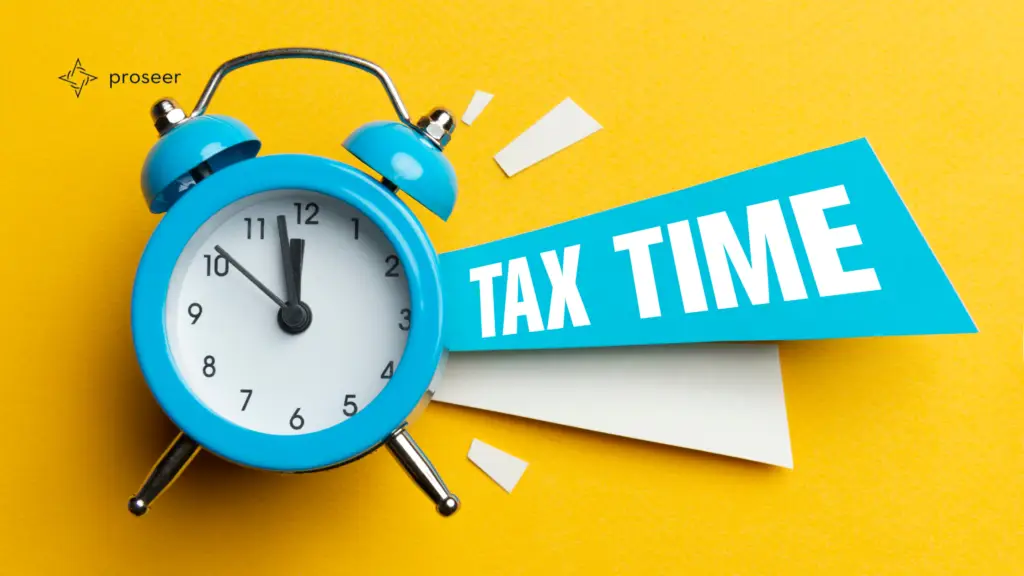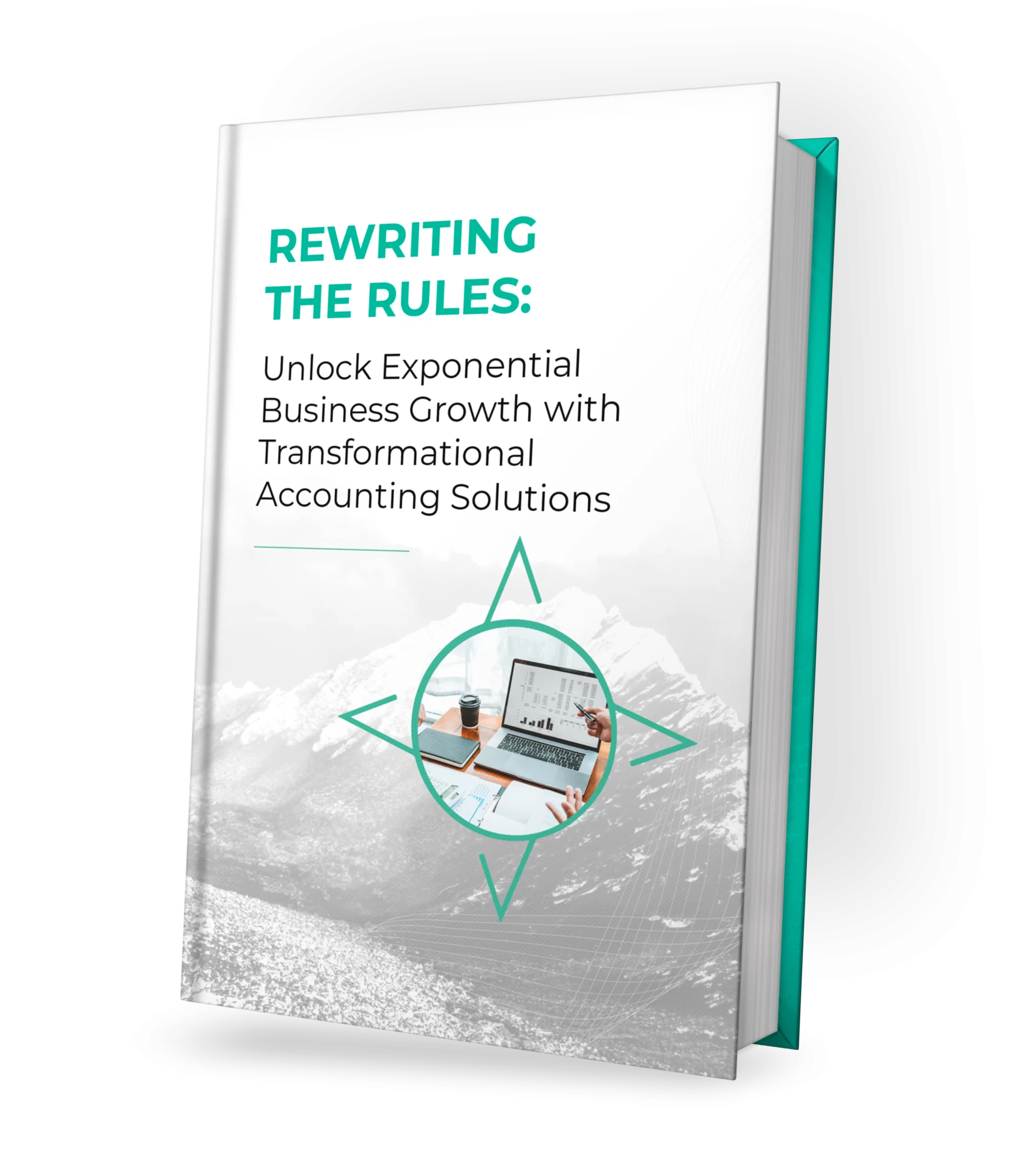Nobody finds preparing taxes enjoyable, but for startups, tax season can be a real hassle. With so many new financial considerations, it may be difficult to know where to begin.
Fortunately, preparing taxes doesn’t always have to be a drudgery (or a mystery) for startups. Get the most out of your tax return with our expert tips.
1. Keep Accurate Financial Records
For a smooth tax season and best-case tax returns, it is important to maintain accurate financial records throughout the year. Startups, and all businesses, should track revenue, expenses, investments, and other transactions using a system that will allow for efficiency as well as optimal organization.
Implementing a best-in-class accounting software is one effective solution for managing and storing financial data, as is hiring a professional accountant or financial advisor to assist with planning and precision.
2. Understand Your Tax Obligations
As the founder or CFO of your startup, you will need to understand and address specific tax obligations pertaining to the business facts and circumstances. Knowing everything from your company structure to what you sell and where you operate affects your obligation is crucial. By understanding these facts and their implications you can optimize for compliance, cost-savings, and cash flow management purposes.
As a result, startups should work with professional accountants who are knowledgeable about their business and industry to familiarize themselves with relevant tax regulations.
3. Plan Ahead for Tax Payments
Startups should plan ahead for taxes compliance and potential payments after working with their accounting professional. Should your business be in a position to owe taxes, you may need to set aside each month or year for estimated or yearend payments. Setting aside cash each month specifically marked for taxes will ensure the business is able to pay what is owed without any heartburn come year end.
Planning ahead for taxes is also helpful for avoiding costly penalties and interest that accompany late payments, as well as for mitigating financial strain and identifying tax-saving opportunities. Making estimated payments, while not fun for anyone, can eliminate interest and penalties come filing time.
4. Consider Hiring a Tax Professional to Support Business
Since startups are in the very early stages of business, founders may want to consider hiring a professional for tax and financial consulting, such as a CPA. Professionals are an invaluable asset for their extensive expertise and knowledge in tax law and regulation, and can help in other areas, such as tax planning and optimization, as well as compliance and risk management.
5. Keep Up with Regulatory Changes
Finally, startups can prepare for tax season by staying abreast of any regulatory changes. Failure to implement or adhere to any new business or tax requirements may result in penalties or legal consequences that could greatly impact the business.
By staying up-to-date on regulatory developments, businesses can also identify potential risks and opportunities and take actions that are in the best interest of their future success.
Ultimately, startups can do a lot to make tax season as painless as possible. Reach out today to learn how we can help.

